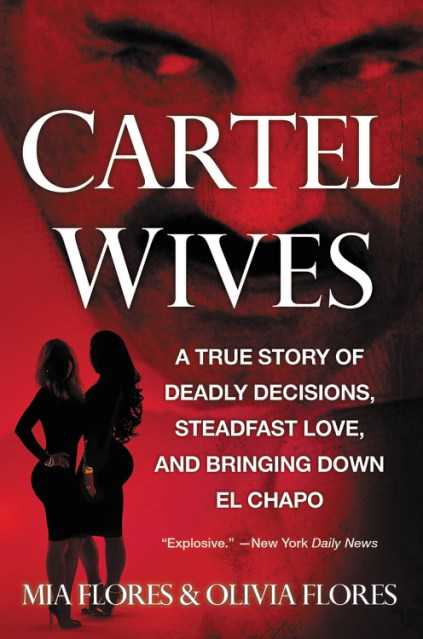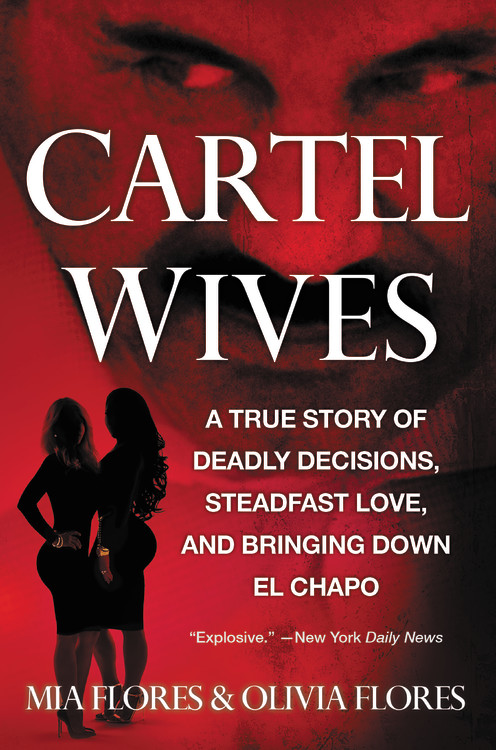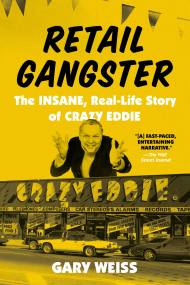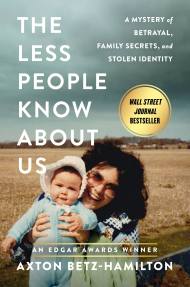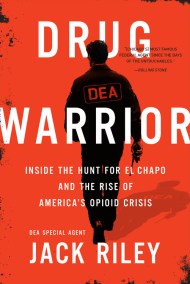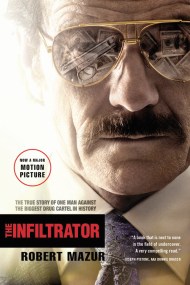Promotion
Use MOM24 for 20% off site wide + free shipping over $45
Cartel Wives
A True Story of Deadly Decisions, Steadfast Love, and Bringing Down El Chapo
Contributors
By Mia Flores
Formats and Prices
Price
$19.99Price
$25.99 CADFormat
Format:
- Trade Paperback $19.99 $25.99 CAD
- ebook $9.99 $15.99 CAD
- Audiobook Download (Unabridged)
This item is a preorder. Your payment method will be charged immediately, and the product is expected to ship on or around April 17, 2018. This date is subject to change due to shipping delays beyond our control.
Also available from:
Olivia and Mia Flores are married to the highest level drug traffickers ever to become US informants. Their husbands worked with–and then brought down–El Chapo, as well as dozens of high-level members of the Mexican cartels. They had everything money could buy: luxury cars, huge houses, and expensive jewelry–but they chose to give it all up when they cooperated with the US government. They knew that life was about more than wealth; it was about love, family, and doing what’s right. Cartel Wives is a love story, a “Married to the Mob” story, an insider’s look into the terrifying but high-flying empire of the new world of drugs, and, finally, the story of a major DEA and FBI operation.
Genre:
- On Sale
- Apr 17, 2018
- Page Count
- 368 pages
- Publisher
- Grand Central Publishing
- ISBN-13
- 9781455539390
By clicking 'Sign Up,' I acknowledge that I have read and agree to Hachette Book Group’s Privacy Policy and Terms of Use
